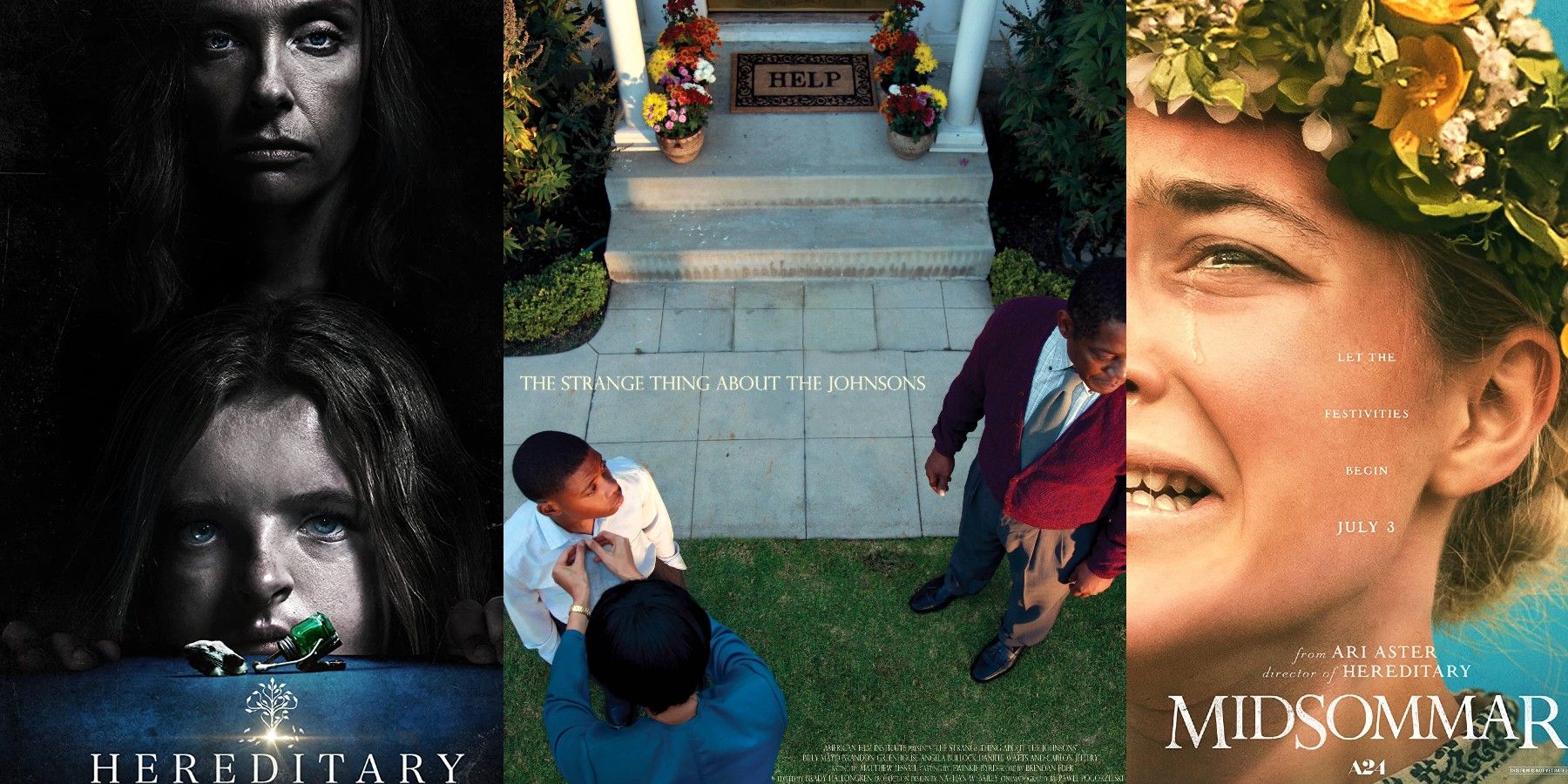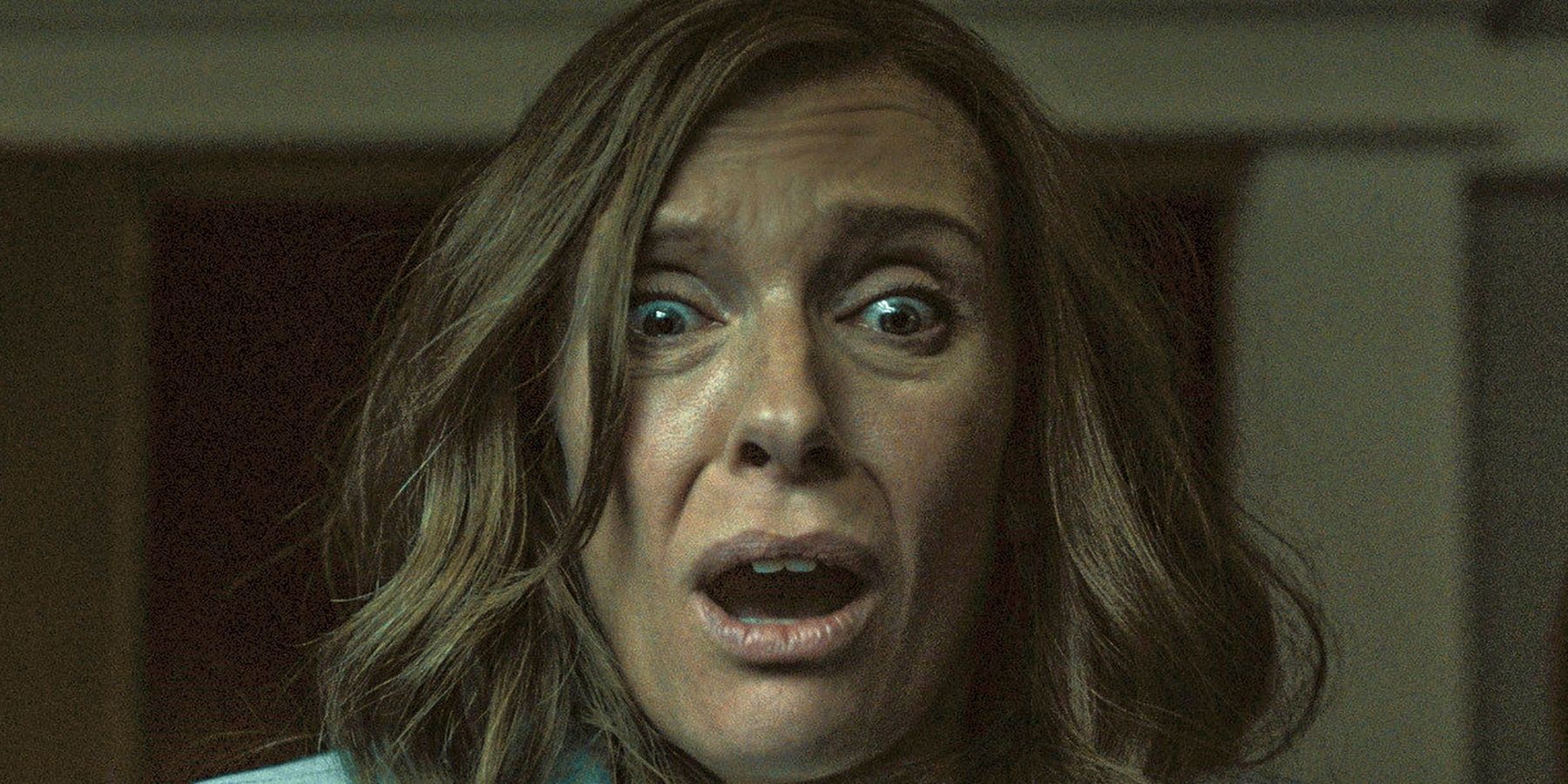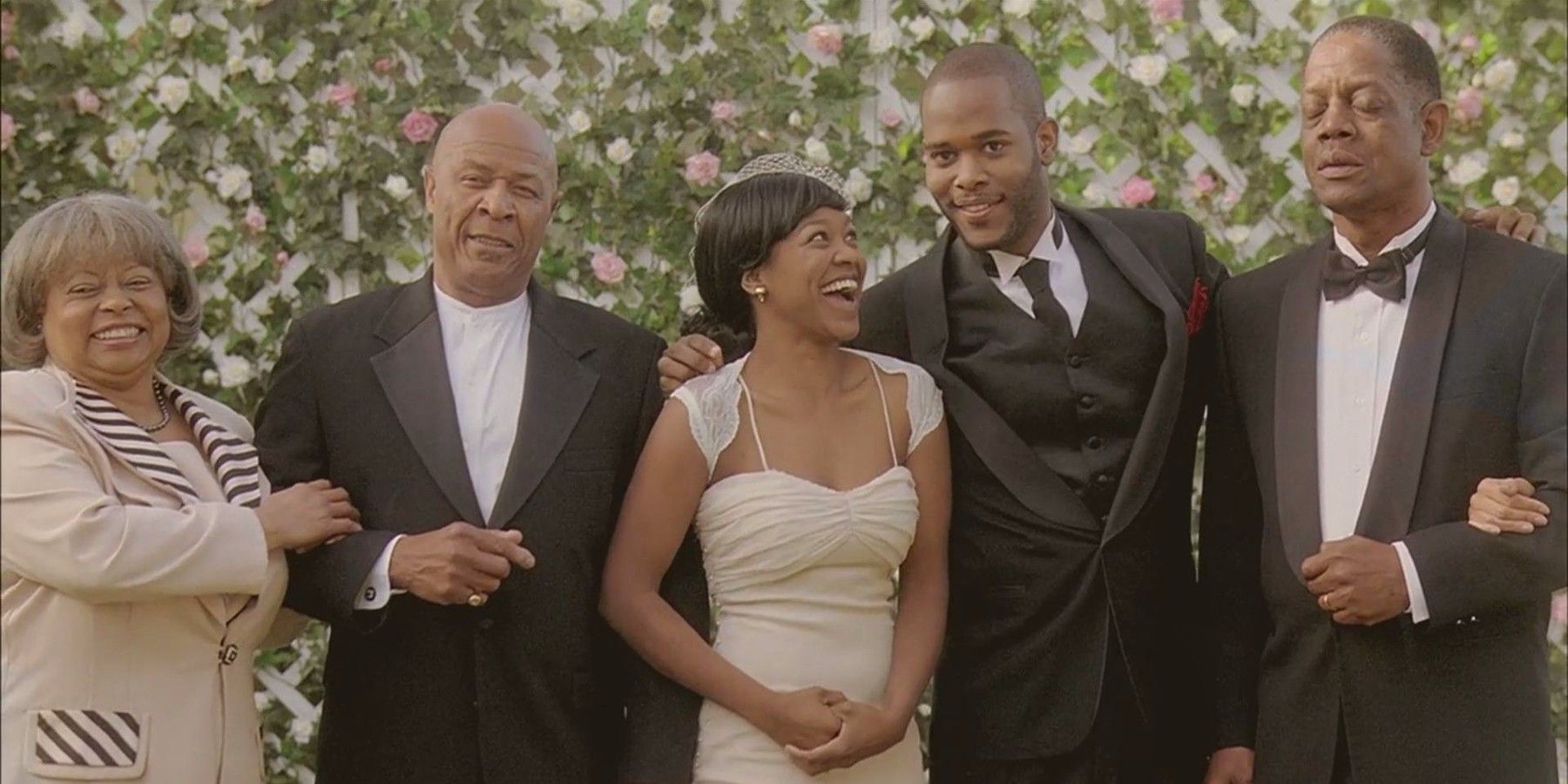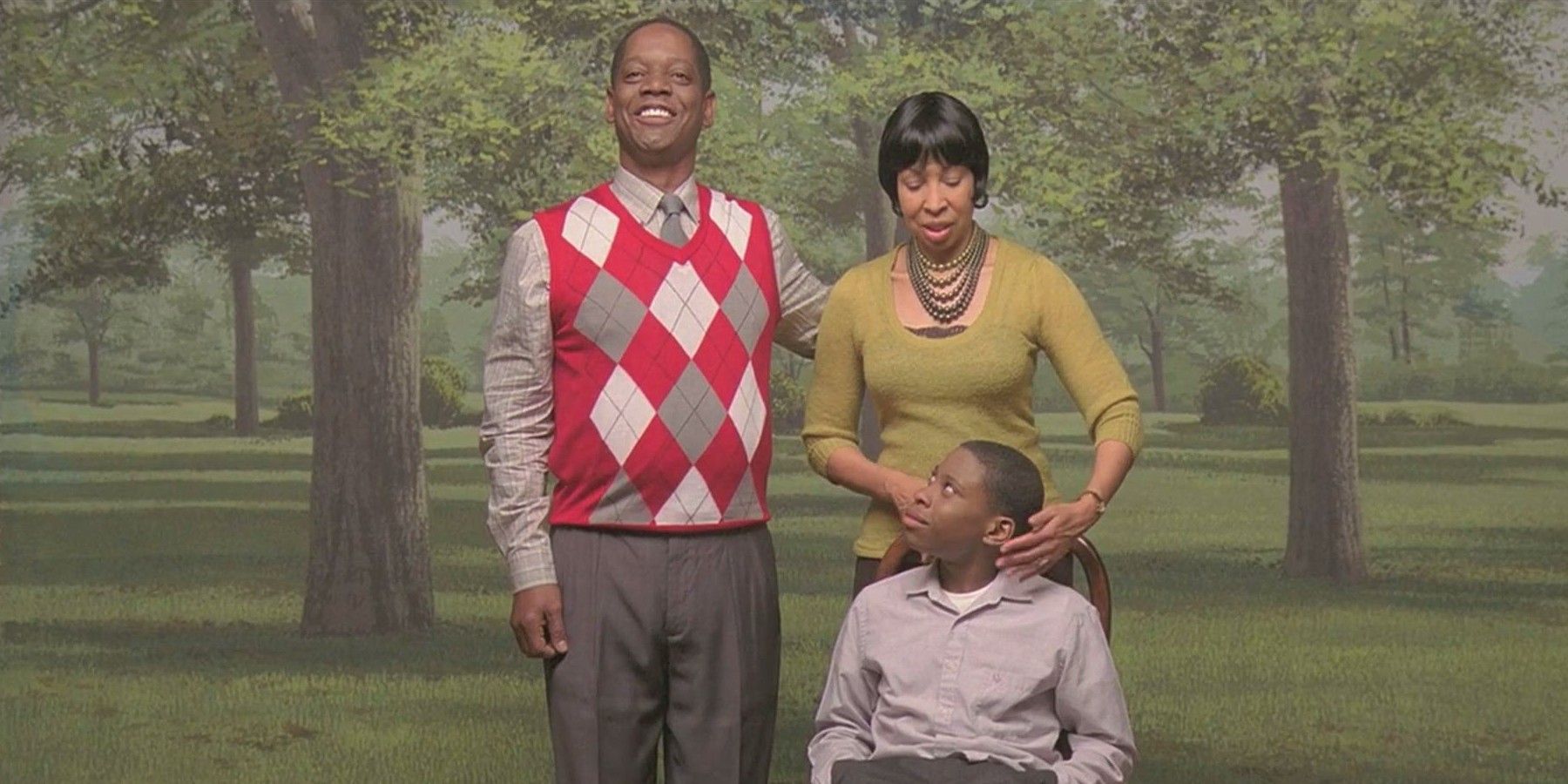
The Unsettling World of Ari Aster's Films

Ari Aster is known for his disturbing and unsettling films, but his freakiest work may surprise you - it's actually one of his short films What's Strange About the Johnsons is a twisted tale that will leave you questioning everything you thought you knew about family dynamics
Ari Aster has become well-known for his unsettling and unpredictable feature films, including Hereditary and Midsommar. However, his short films are even more disturbing, showcasing his ability to create chilling worlds and characters. Before achieving success with his feature films, Aster honed his craft with numerous short films, which ultimately led to his debut as a feature director. Despite the attention garnered by his feature films, Aster's short films also tackle unsettling family dynamics and are not to be overlooked.
Ari Aster's Feature Films
A recurrent theme in all of Aster's feature films is the exploration of family dynamics. In Hereditary, the Graham family is tormented by a malevolent entity and its devoted followers, ultimately leading to the tragic demise of all family members. Similarly, in Midsommar, Dani is grappling with the loss of her loved ones and the toxic relationship she has with her boyfriend, Christian. However, as the story progresses, she finds solace and a sense of belonging in a new family with their own unique traditions and bonds. Beau Is Afraid, Aster's latest film, also delves into the complexities of familial relationships, particularly the intricate dynamic between a son, his mother, and his romantic pursuit of a girl he met in his youth. Each of these films offers a haunting glimpse into the intricacies of family life that may leave audiences feeling uneasy about their own relationships.
Ari Aster's Short Films
Aster's short films delve into the disturbing dynamics of family relationships in a more direct manner despite their shorter runtime. Two notable examples are The Strange Thing About the Johnsons (2011) and Munchausen (2013), both of which showcase the lengths a dominant figure can go to in order to keep a secret or possess someone they deeply care for. While both films involve bodily harm inflicted on one family member for the benefit of another, they take different approaches to the subject matter.
Munchausen, a silent short film, follows the story of a mother (Bonnie Bedelia) who resorts to poisoning her teenage son (Liam Aiken) as he prepares to leave for college. Despite her attempts to remedy the situation, the boy ultimately dies, making for a harrowing tale of a parent's misguided love and possession. While fitting within Aster's recurring themes, Munchausen is not his most disturbing work.
That title belongs to The Strange Thing About the Johnsons, which presents family dynamics in a peculiar manner while tackling serious issues. The unsettling nature of the film is not just due to its setting, staging, and cinematic techniques typical of Aster's productions, but also in how it relates to the non-narrative world.
What's Strange About the Johnsons?
What makes The Strange Thing About the Johnsons stand out is the enigmatic plot teased by its title. The opening scene depicts a seemingly ordinary father-son moment discussing the boy's maturing body. However, director Ari Aster quickly establishes an eerie undertone, as Sidney (Billy Mayo) delivers his lines with an unsettling, perfectionist cadence to his son Isaiah (Carlon Jeffery). The young boy's affection strays from the typical celebrity or athlete infatuation and instead fixates on his own father. This disturbing dynamic sets the stage for the rest of the film, as The Strange Thing About the Johnsons delves into the repercussions of such a taboo relationship.
On Isaiah's wedding day, instead of sneaking away to be with his bride, he seeks out his father Sidney who is visibly filled with fear, as his body language, tearful eyes, and stuttering speech reveal the abuse he suffers at the hands of his son. Despite Sidney's attempts to confess to others, including his wife Joan, Isaiah always thwarts his efforts. The audience can feel Sidney's confinement as he desperately tries to conceal his memoir on his slow desktop computer from his approaching son, creating a classic horror tool to build suspense while also eliciting natural sympathy for Sidney. Isaiah's jealousy towards Sidney and Joan's loving relationship creates a sense of impending doom for Sidney. While most of the film's suspense centers around Isaiah and Sidney's relationship, Joan also becomes involved as she articulates her disgust towards her son and what he has done to his father. The film ends on a grizzly note, raising important questions about the silence and victimization of those who suffer from sexual abuse. Despite the difficult themes presented in The Strange Thing About the Johnsons, the filmmaker, Ari Aster, has proven himself as a daring storyteller willing to tackle challenging topics with authenticity.













